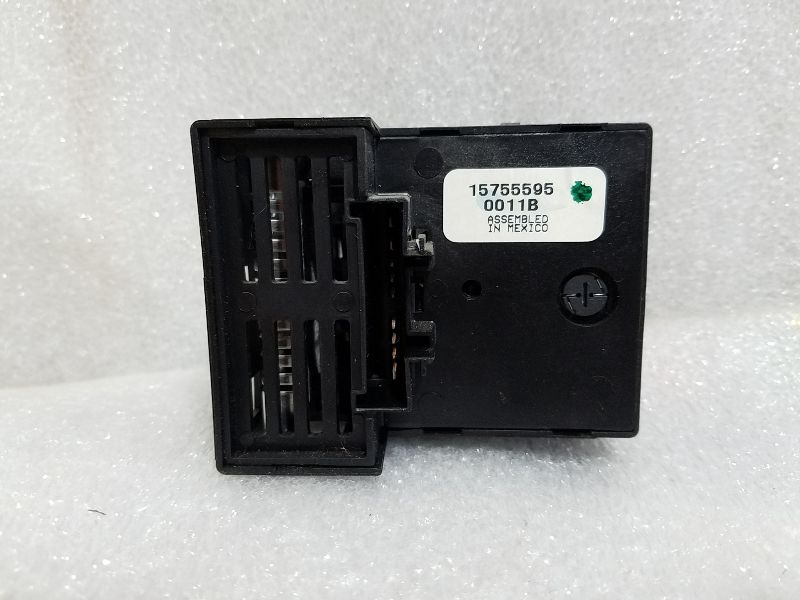Table of Content
For more information, see Tax BulletinRecord-keeping Requirements for Sales Tax Vendors (TB ST-770). Sellers have the right to refuse your exemption certificate, even if it is correct and properly completed. A seller that refuses your certificate must charge you sales tax. You may apply for a refund of the sales tax usingForm AU-11, Application for Credit or Refund of Sales or Use Tax. For more information, see Tax BulletinsHow to Apply for a Refund of Sales and Use Tax (TB-ST-350)andSales Tax Credits (TB-ST-810).

The use test, on the other hand, requires sellers to live in the home as their main residence for at least two years. Both tests must be satisfied during the five-year period up to the date of the sale. The above capital gains exclusions apply only to primary residences, so any second home or investment propertywill be subject to capital gains taxes, at any amount of profit. But there are a few things you can do to minimize the burden. Form 1099-S is an IRS tax form reporting the sale or exchange of real estate.
Transportation Benefit District Sales Tax
When you sell your home, you will receive Form 1099-S, which has the information you'll need to report on your annual tax return. You'll use IRS Schedule D and Form 8949 to report your sale proceeds and claim any exclusion for which you're eligible. You can't have excluded the gain on another home in the last two-year period.
If your mortgage lender handles your property tax payments for you, you can expect to see the amount as a line item in your payoff settlement statement. Buying low and selling high is always the way to go, and it’s exciting to turn a big profit on the sale of a home. But don’t overestimate your profit by forgetting to account for taxes. For some homeowners, a big profit at closing can also mean a pretty hefty tax bill. You may qualify to exclude from your income all or part of any gain from the sale of your main home. Your main home is the one in which you live most of the time.
Understanding the Over-55 Home Sale Exemption
Five years later, the property is valued at $500,000 so you decide to sell. You pay $30,000 in commissions to your agent and the buyer’s agent, plus another $5,000 to close the sale. But some information could have technical inaccuracies or typographical errors. If there's a conflict between current tax law and this information, current tax law will govern. Digital books are tangible personal property, no matter how the buyer accesses them or how they're delivered, if the buyer has a permanent right to use them.

Businesses typically do pay use taxes because they are audited by the state Department of Revenue . Any other information required by that particular certificate. If the change occurred when you used the home as your main home, this can be considered the reason you sold your home. Your new place of employment must be at least 50 miles farther from your former home than was your former place of employment. You must have owned the home for a period of at least two years during the five years ending on the date of the sale.
Optional/Second Half Sales Tax
For example, if an individual purchased a property in 2000 and lived there until 2001. The owner then rented the property for the following two years. The owner decided to move back once the tenant left and lived there until 2005.

If a city or county has imposed both the 0.5% “basic” sales tax and the 0.5% “optional” sales tax, the total combined sales tax rate will be 1.0%. See the “Sales Tax Credits” section below for further explanation. This page provides an overview of sales and use taxes for local governments in Washington State, including the various sales tax options available and examples of sales tax resolutions/ordinances. If your address, identification number, or any other information on the blanket certificate changes, you must give your seller an updated blanket certificate.
And most property taxes are charged on a twice-yearly basis, so it’s likely you’ll have to pay a prorated portion of your six-month tax bill at closing. If you're thinking of selling your home and are concerned about capital gains taxes, there are several things you can do. By the time you finish totaling the costs of buying, selling, and improving the property, your capital gain on the sale will likely be much lower—enough to qualify for the exemption. You can’t deduct the losses on a primary residence, nor can you treat it as a capital loss on your taxes.

That means if you don’t pass both the ownership and use tests for the property, as mentioned earlier, then no capital gains tax exclusion is allowed. Still, getting property tax exemptions could help you quite a bit. The card must be used solely for the benefit of the individual identified and pictured on the card.
With that, the government has created property tax exemption programs to assist property owners by lowering or eliminating their property tax bill. Although the rules will vary by state, you could stand to save thousands from a property tax exemption. Be sure to speak with a financial advisor or certified tax preparer in order to find out if you can benefit. When the exemption was in effect, there were several criteria for homeowners to qualify. The seller, or at least one title holder, had to be 55 or older on the day the home was sold.

You would include only the amount of your gain over $125,000 as taxable income on your tax return if your gain was more than $125,000. For example, you would report and pay taxes on $25,000 if you realized a $150,000 gain. You could exclude the entire amount from your taxable income if your gain was equal to or less than $125,000. Some states will offer an even larger homestead exemption for married couples and joint owners.
Foreign missions interested in discussing improvements to their tax exemption benefits are encouraged to contact OFM. If a primary home was co-owned by two or more unmarried people, it was possible for more than one title holder of the appropriate age to qualify for the exemption. For the home to qualify, the titleholder had to own and use the property as a principal residence for at least three out of the five years immediately prior to selling the house. There were personal allowances for time spent away for vacations or medical care. If each individual passes the use test, then each individual is entitled to a $250,000 exemption from capital gains taxes.

Now you can apply your $500,000 towards the $500,000 you and your spouse would receive as profit. If your daughter has owned and lived in the house for two years, she would also qualify for a $250,000 exclusion as an individual. Married couples who file jointly are entitled to a $500,000 exclusion from capital gain tax. The kind of owner you are and your tax filing status can change your exemptions. Even if you fail the use test above, you can still get a prorated exclusion on your capital gains. This applies if you sold your house because of a change in employment, health reasons, or other unforeseen circumstances.
Thankfully, DoNotPay can help you access a capital gain tax exemption on a sale of property and save your money. If you sell the entire property, the IRS considers this a sale of two properties. You can exclude the gain only on the portion used as a home. If you have a loss on the sale, you can’t deduct it from income.


No comments:
Post a Comment